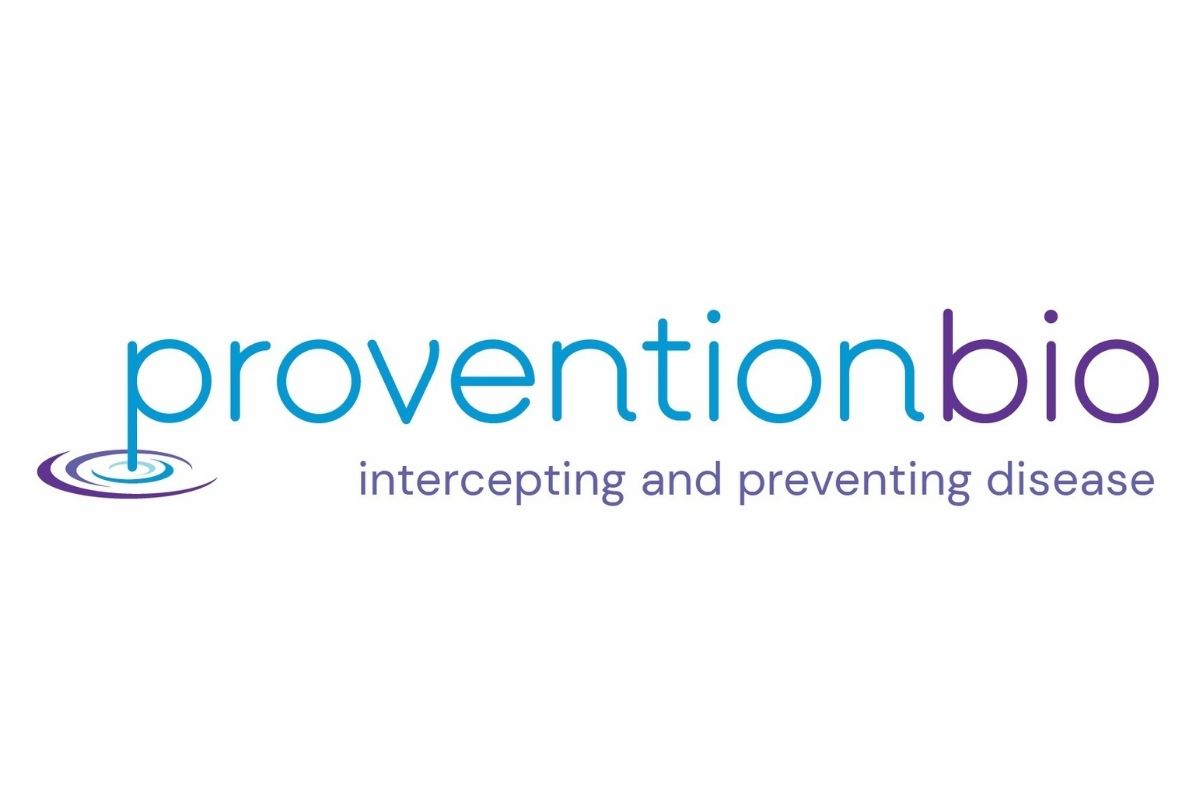
On July 2, the U.S. Food and Drug Administration (FDA) issued a Complete Response Letter to Provention Bio for the use of teplizumab to delay clinical type 1 diabetes (T1D) in at-risk individuals, meaning teplizumab has not been approved for use in delaying clinical T1D in at-risk individuals at this time.
I know. It’s disappointing. But it was expected, as Provention Bio has reported that FDA raised questions about the comparability between the commercial product and the drug used in the clinical trial. Importantly, per Provention Bio’s press release, the Complete Response Letter “did not cite any clinical deficiencies related to the efficacy and safety data packages submitted.”
There is a great unmet need for disease modifying therapy for T1D; it is one of the few autoimmune diseases that still does not have a disease-modifying therapy approved.
Recently published data in the at-risk setting showed teplizumab has been able to delay the clinical diagnosis of T1D for three years in participants with a high risk of developing the disease. This was the first ever study in humans to show a delay in clinical T1D in at-risk individuals.
An Advisory Committee recommended that the Food and Drug Administration (FDA) approve teplizumab on May 27, 2021, based on data of clinical safety and efficacy, as well as unmet need in T1D. The FDA has designated teplizumab as a breakthrough therapy, indicating its potential to address a significant unmet clinical need.
It is unfortunate that the FDA has not approved teplizumab at this time. However, Breakthrough T1D is thankful for the FDA’s consideration and review of this drug and looks forward to Provention Bio addressing the issues outlined in the Complete Response Letter and working with the FDA to bring this therapy to market safely.
Breakthrough T1D’s Role
As part of our mission to accelerate life-changing breakthroughs, Breakthrough T1D played a key role in funding early-stage research, facilitating regulatory pathways, and advancing commercial development of teplizumab.
- Breakthrough T1D was one of the first to support preclinical and early clinical trials to see if the drug worked for people with type 1 diabetes.
- Breakthrough T1D gave a Career Development Award to Kevan Herold, M.D., who had just started his faculty-level career at The University of Chicago, in 1988-1990. He showed, in an early animal study, that he could prevent autoimmune diabetes with an anti-CD3 antibody (which, later, became a humanized version, teplizumab).
- Breakthrough T1D funded clinical trials in recent-onset disease, which were published in 2002, 2005, and 2013, and a phase III trial run by MacroGenics, who received a Breakthrough T1D Industry Discovery and Development Program grant from 2006-2011.
- In 2012-2019, Breakthrough T1D funded, with the National Institutes of Health (NIH), the Immune Tolerance Network—an international clinical research consortium—which did a clinical trial of teplizumab and identified who is likely to respond to the drug. We also funded, with the NIH (using funds from the Special Diabetes Program) and the American Diabetes Association, TrialNet—the largest clinical network for T1D—who ran the clinical trial in at-risk individuals, led by Dr. Kevan Herold.
- Herold currently receives Breakthrough T1D funding to investigate the mechanisms through which teplizumab delays T1D development.
- In 2017, the Breakthrough T1D T1D Fund invested in Provention Bio to facilitate the acquisition and clinical development of T1D relevant assets. The T1D Fund no longer has any financial interest in the company.
Teplizumab is the first disease-modifying therapy for T1D to be reviewed by the FDA, but it is one of many such potential therapies Breakthrough T1D is seeking to advance through its research, investment, and regulatory leadership.